The Importance of
Clean and Modern Energy
for Cooking in Sub-Saharan Africa
The Importance of
Clean and Modern Energy
for Cooking in Sub-Saharan Africa
2.3 billion people, approximately a third of the world's population, rely on unhealthy and polluting cooking methods such as open fires and inefficient stoves which generate harmful household air pollution.
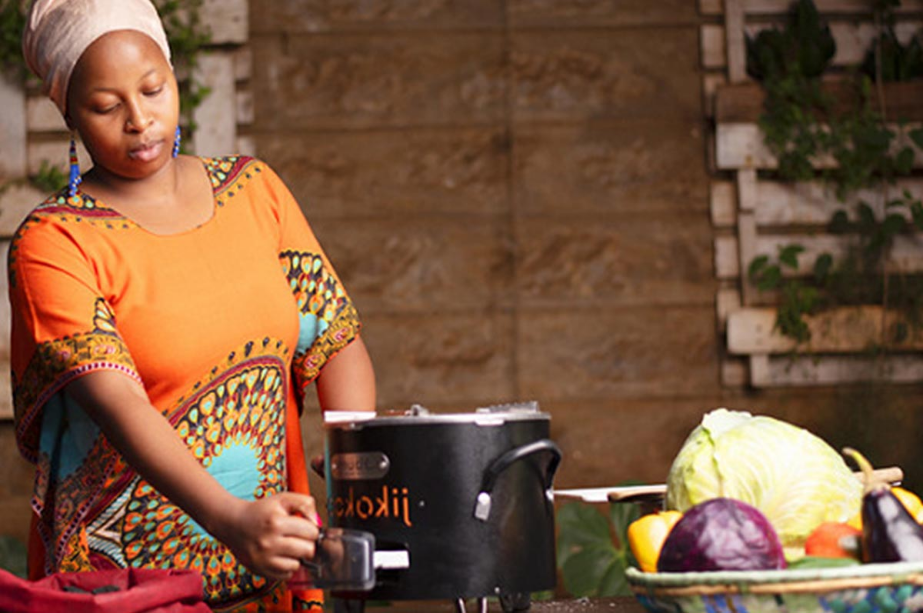
In sub-Saharan Africa, around 960 million people cook with firewood, charcoal, and kerosene, with major social, environmental, and economic consequences:
« Changing the way families cook their food each day will slow climate change, drive gender equality, reduce poverty, and provide enormous health benefits. » - Wanjira Mathai (2021)

In sub-Saharan Africa, around 960 million people cook with firewood, charcoal, and kerosene, with major social, environmental, and economic consequences:
« Changing the way families cook their food each day will slow climate change, drive gender equality, reduce poverty, and provide enormous health benefits. » - Wanjira Mathai (2021)
Spark+ Africa Fund is the world’s first impact investment fund focused exclusively on clean and modern cooking solutions in developing countries. With a total AuM of $64 million, Spark+ finances companies that offer next-generation, distributed energy for cooking to the mass market in sub-Saharan Africa, including those that rely on electricity, LPG, biofuels, and other technologies.
Spark+ is a true « triple bottom line » fund, designed to deliver financial, social, and environmental returns by:
Enabling millions of African families to stay healthy, save time, and reduce energy costs.
Enabling millions of African families to stay healthy, save time, and reduce energy costs.
Protecting the environment through reductions to deforestation and greenhouse gas emissions.
Protecting the environment through reductions to deforestation and greenhouse gas emissions.
All while tapping into a large and underserved market.
All while tapping into a large and underserved market.

Enabling Qapital (EQ): A FINMA-regulated Swiss impact asset manager with over $700 million in advised assets and a global team of investment professionals. EQ serves as the fund manager.

Stichting Modern Cooking (SMC): A Netherlands-based foundation which supports clean cooking access in developing countries. SMC serves as the manager of the fund’s technical assistance facility.
Spark+ provides debt and mezzanine capital to scalable companies throughout the value chain, including:
Investments range from $500,000 to $7 million, targeting companies with proven product-market fit and commercial traction.
Spark+ is financed by a mix of public and private investors including development finance institutions, pension funds, foundations, and family offices.
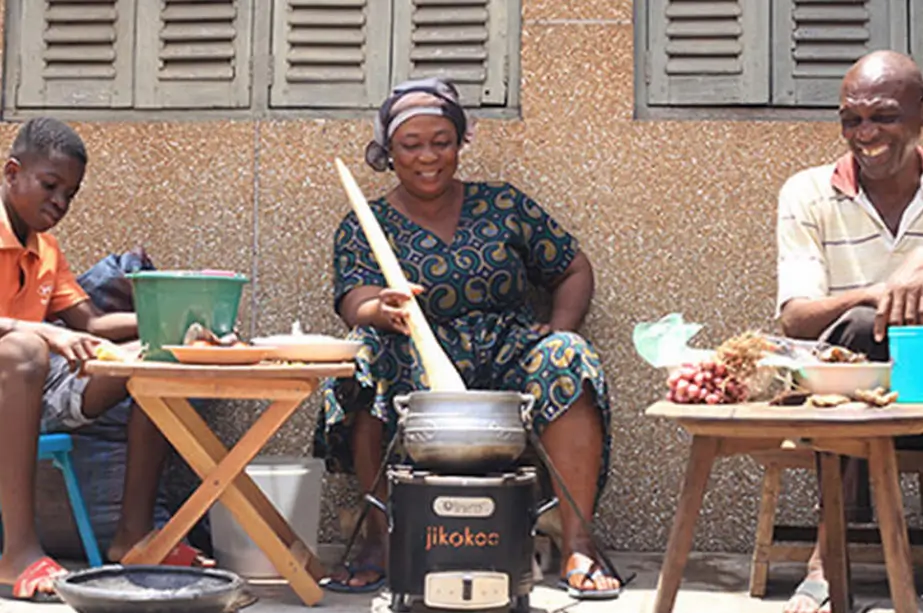
Spark+ Africa Fund’s first investment was in BURN Manufacturing, a leading producer of fuel-efficient cooking appliances with manufacturing capabilities in East and West Africa. To date, the company has achieved the following:
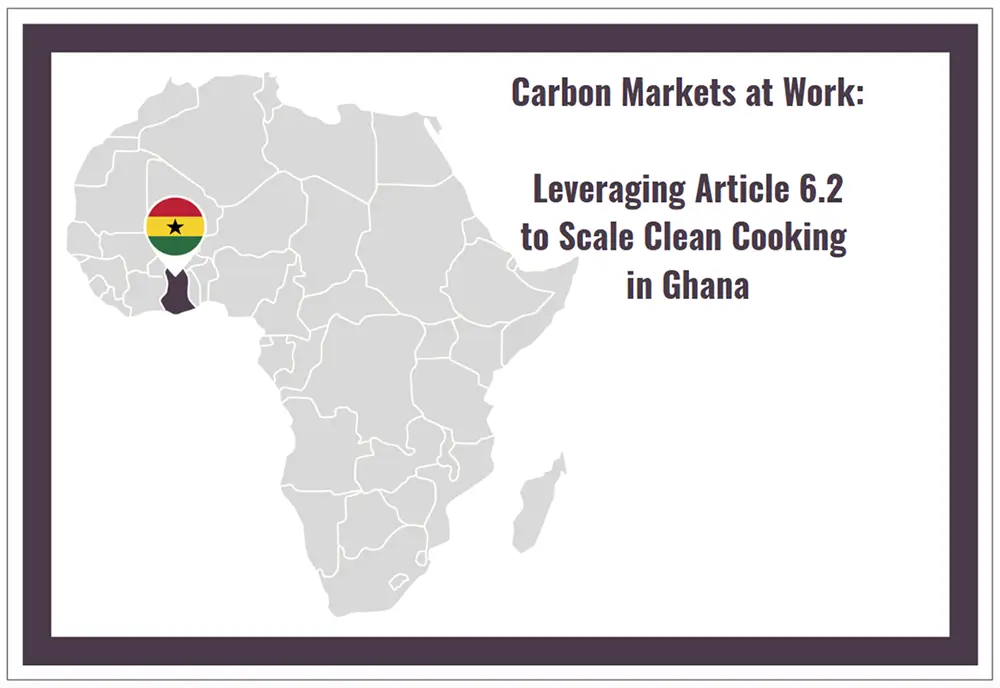
Our latest case study highlights how clean cookstoves, locally produced in Ghana, are improving health outcomes, reducing emissions, and creating jobs - all supported by innovative carbon finance under Article 6.2 of the Paris Agreement.By converting emissions reductions into carbon credits (ITMOs), the project makes clean cooking more affordable and sustainable for rural households.
Key Outcomes:

Our latest case study highlights how clean cookstoves, locally produced in Ghana, are improving health outcomes, reducing emissions, and creating jobs - all supported by innovative carbon finance under Article 6.2 of the Paris Agreement.By converting emissions reductions into carbon credits (ITMOs), the project makes clean cooking more affordable and sustainable for rural households.
Key Outcomes:
For detailed information about Spark+, including the fund’s investment strategy, team, portfolio, press releases, and contact details, please visit sparkafricafund.com.
Mühlebachstrasse 164
8008 Zurich
Switzerland
Branch Geneva
Rue Hugo-De-Senger 7
1205 Geneva
Switzerland
Merchant Square Block B
2nd Floor, Riverside Drive
Nairobi
Kenya
Industriering 20,
9491 Ruggell
Liechtenstein
7, rue Robert Stümper,
2557 Luxembourg
Luxembourg

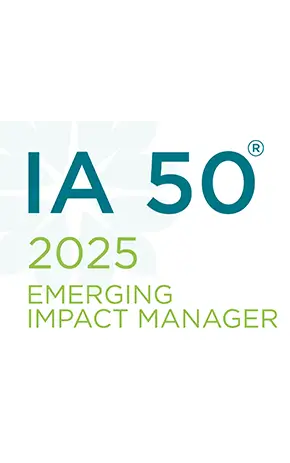

Mühlebachstrasse 164
8008 Zurich
Switzerland
Branch Geneva
Rue Hugo-De-Senger 7
1205 Geneva
Switzerland
Merchant Square Block B
2nd Floor, Riverside Drive
Nairobi
Kenya
Industriering 20,
9491 Ruggell
Liechtenstein
16, rue Robert Stümper,
2557 Luxembourg
Luxembourg


© 2026 Enabling Qapital Ltd - Privacy Statement - Disclaimer and Terms & Conditions - Contact - Website Management by Magiris
You are likely to be an Institutional Client if you are:
an entity required, under the laws of the jurisdiction in which you carry on business, to be authorized or regulated to operate in the financial markets (which includes but is not limited to financial intermediaries such as: banks, investment firms, broker dealers, insurance companies, insurance intermediaries, funds, pension funds or management companies);
a large undertaking (the term ‘undertaking’ includes corporates, partnerships and unincorporated associations);
a national government, central bank, international or supranational institution;
a regional government, sub-national organization or state-owned agency that manages public debt; or
an institutional investor whose main activity is to invest in financial instruments, which includes entities dedicated to the securitization of assets or other financing transactions.
The term Institutional Client in particular covers professional clients in terms of MiFID and AIFMD or equivalent rules outside the EU, certain investors deemed to be professional investors based on local law (such as “well informed investors” in Luxembourg).